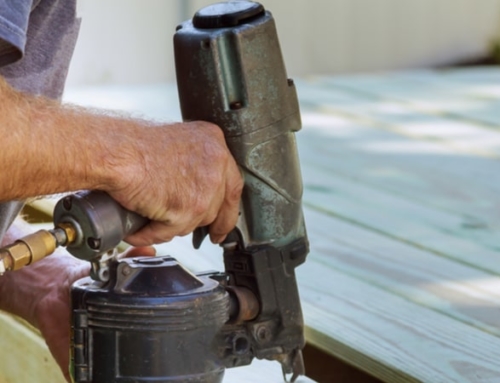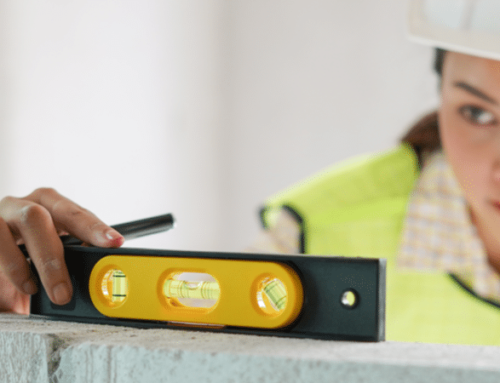Q: My son just purchased a home that was FHA-approved. This is his first home. He moved into the home three weeks ago.
He is telling me that both the hot and cold water smells like rotten eggs. The inside of the toilet bowl is black and scummy.
My experience with the problem is that the pipes are galvanized and need to be replaced with copper and that the water tank is also in need to be replaced.
These kids are in their early twenties and have no money. Does my son have the right to go back against the seller? Why didn’t the inspector catch this?
A: The first thing that every FHA (Federal Housing Administration) buyer should be aware of is that the FHA inspector performs an inspection of the property on behalf of the bank. The homebuyer is rarely present with the inspector during the inspection.
But regardless of whether the home is inspected by an FHA inspector, in any purchase a homeowner should perform his or her own home inspection with an inspector of his or her choosing.
During this inspection, the buyer should not only be present, but follow the home inspector around the house as it is inspected. This is the one and best chance a buyer has to walk through all parts of the home, view the mechanicals, inspect the bathrooms and plumbing, get inside crawlspaces and learn about the home inside and out.
This joint inspection, performed by the inspector and shadowed by the buyer, is crucial to making a rational decision about the purchase.
If you don’t pay for your own professional home inspection and instead rely only on the FHA inspector, you won’t get the full picture of the home you are about to buy. It’s like buying a home with blinders on.
Of course, all this should have happened before your son closed on the home. As he is now the owner, he would be wise to get a couple of plumbers into the home to determine what is the cause of his problem and get a handle as to the cost of making repairs. Make sure that he hires reputable plumbers and gets two or three estimates.
As far as the seller is concerned, whether you can sue the seller for the seller’s failure to disclose this item will depend on the laws of your state. In many states, sellers are required to disclose to a buyer material defects with a home. Most states have specific forms that are completed by the seller and must be delivered to a buyer. There is generally some form of penalty if the seller fails to deliver the seller disclosure form to the buyer. Each state has its own particular laws relating to seller disclosure rules.
In general, the defect in the home must be material (significant) and the seller must have known of the problem. If your water problem is a material defect and you can prove that the seller knew of it, you may have a good case against the seller. In addition, in some states, if you win your case you can also recover the fees you paid your attorney to sue the seller.
In making any decision to sue the seller, you will have to first determine what the source of the problem is, the cost to cure the problem, the probability that you can win the case, how easily you can find and sue the seller, the time you will spend while the case winds its way through the legal system, and the amount of money you can possibly recover from the seller.
Finally, your son has to decide how much money he is willing to put into the case if he is unable to win in court. You also have to consider the possibility that you will win in court, but the seller will not have any assets to satisfy the judgment against him.
Start with figuring out what’s wrong with the plumbing and how much it will cost to repair. Then, contact some attorneys that have handled seller disclosure issues in your area who also have plenty of experience litigating these sorts of cases. For recommendations to quality attorneys, contact your local bar association.






Leave A Comment